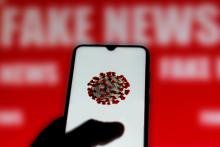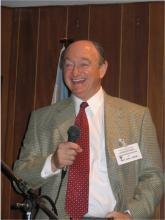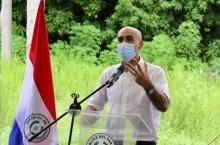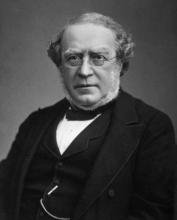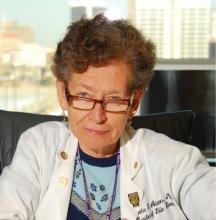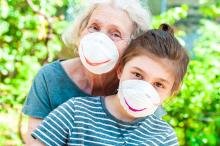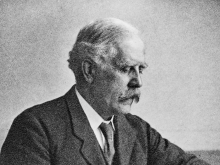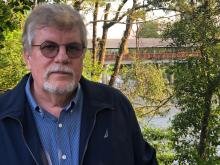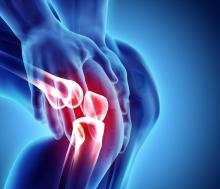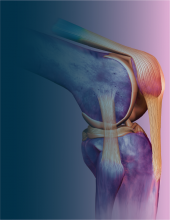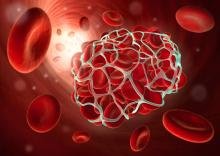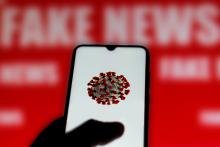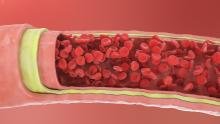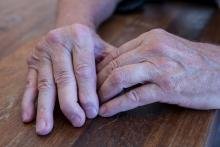The world is facing one of the most critical moments in its entire history. To the terrifying number of deaths caused by the Coronavirus pandemic, humanity adds the information crisis. The “infodemia”, term used by the World Health Organization to refer to the epidemic of misinformation, is spreading as fast as COVID-19. The need to mitigate the panic induced by the virus with accurate scientific information becomes the perfect breeding ground for spreading false news with the same of higher speed of transmission than that of the virus itself.
Fake news are not a new thing. They are as old as the history of communication, but in the time of social networks its dissemination has become unstoppable. This type of information may spread 70 times faster than real news. Ideological or economic interests are the main reason for the unusual growth of what Donald Trump calls “fake news”. Marc Amoros, a Spanish expert in the matter, indicates that the business of this type of news is so lucrative that an internet user may win between 4.000 and 5.000 euros per month manufacturing lies.
Unfortunately, healthcare is not exempt from this despicable practice. Thanks to the effects of misinformation – produced by these dark interests – the importance of vaccination in maintaining global health has been questioned and the proper management of the COVID-19 pandemic has been hindered, among many other examples.
Based on this concept, I reviewed the impact of fake news on rheumatology. A quick search on Pubmed showed, to my surprise, zero articles. There is not, up to April 2020, an indexed text on this particular topic.
On second thought, I shouldn’t be surprised. Fake news has been the order of the day in rheumatology for many years. Long before the internet and social networks, when information moved at the speed of radio bemba* “curative” therapies for arthritis were known.
It was the patients and their companions, disappointed by the slow progress of science and hopeful in the quick treatments offered by the healthcare merchants, who passed on information regarding miraculous cures.
Today, when rheumatology lives the sophisticated era of treatments with biologic medications; the duck embryos, the noni, ginger, Moringa and many other preparations are announced by Dr.Google and other means without any hindrance, filter, or proof of its effectiveness, almost with impunity, with an excess of arguments that support their benefits, economy, pleiotropic capacity, inability to produce secondary effects, there is just no limit to all this falsehood.
The growth of this prosperous business is such that it is expected that for 2022 a new pandemic in which 50% of the information will be published without confirmation, without peer review, with absolutely no endorsement that assumes the responsibility for the news. The health of the consumers of medication as false as the news that promote them will not matter. Faced with this imminent infocalipsis, the question arises: is there any way to avoid this ruin?
Education is the answer, with a fundamental precept, to remove the status granted as news and qualify it as what it really is: a lie. The second thing is to return to what we know as serious scientific journalism, the one that stimulates peer review, that takes the time to contrast information, no matter how true it may seem. Serious institutions, producers of “real news” will then help to fight against this and future infodemias.
*Radio Bemba: A phrase used in the Caribbean meaning false rumor.











































